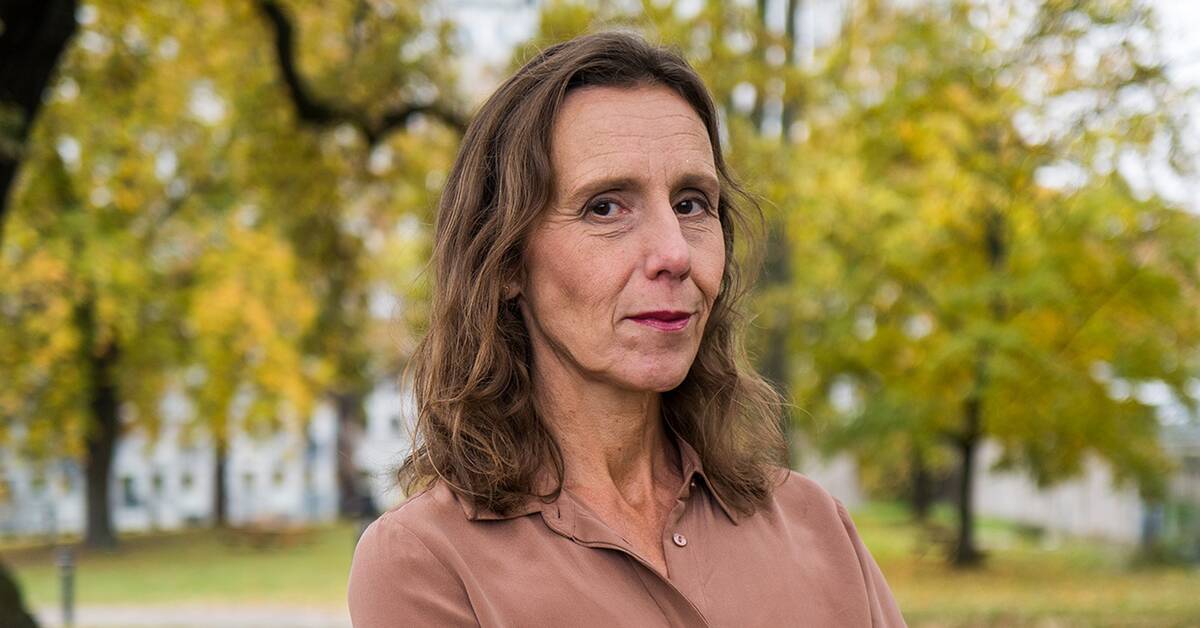Inflation is rampant in the world.
It is the job of the central banks to stop it with interest rate increases.
More and more heavy economic analysts say that Sweden's central bank, the Riksbank, needs to start raising interest rates this year, or at least next year.
Forward prices in the fixed income market also indicate this.
But the Riksbank itself still expects zero interest rates until the autumn of 2024.
Admittedly, inflation is too high now, 4 per cent, but the Governor of the Riksbank believes that it will fall back during the year.
It is energy prices that fully explain that inflation is above the Riksbank's target of two per cent.
And electricity prices go down as usual when it gets warmer outside.
Thus, there is no point in raising interest rates, the Riksbank argues.
Expected interest rate hikes in the US and the Eurozone
The Governor of the Riksbank even showed curves that showed this year's expected interest rate increases in the USA, the United Kingdom and the Eurozone, while at the same time he explained straight away that this does not apply to Sweden, no interest rate increases are needed here.
In other countries, such as the United States and the United Kingdom, price increases are broader, and in addition they have already spilled over into higher wage demands.
In Sweden, on the other hand, there does not seem to be any upward wage pressure to speak of, the Governor of the Riksbank further pointed out.
For those who are worried about mortgages, it is of course most pleasant to believe in the Governor of the Riksbank today.
But it is also unusually dangerous.
There are quite a few stumbling blocks that Stefan Ingves does not seem to focus on.
Wages to begin with: Wages are admittedly stable now, many have probably noticed this now that inflation has picked up and wages are therefore enough for less.
A three percent wage increase requires that the Riksbank's forecast is correct
But there will be a wage movement.
Then there are completely different opportunities for employees to get through compensation for increased consumption prices.
The Riksbank is talking about wage increases of three percent, which according to the Riksbank is perfectly ok and will not lead to any continued, and damaging, price and wage increase spiral.
But that reasoning is based on the fact that the Riksbank's own inflation forecasts are correct, forecasts that say that inflation will fall back during the year.
Which in turn is based on falling electricity prices.
But assessing the electricity market is not easy.
It is safe to say that prices will be lower than below the peaks this winter for a while to come, but in the long run most indications are that electricity prices are actually rising.
The uncertainty is great then.
Just like the firecracker that ended the Governor's presentation today: "Monetary policy needs to be continuously adapted to the economic and inflation outlook".
In plain text, this means, among other things, that this with zero interest rates for the second half of 2024 can be changed at any time.
Just over five hundred kronor a month per percent and a million in mortgages
Interest rates have been at zero or minus since 2014. Many have had their mortgage costs significantly reduced as a result.
Others have bought a home in recent years, at the high prices created by the zero interest rate.
Now one should probably think through what it will be like if the policy rate reaches 1.5 per cent at the end of 2024, rather than the Riksbank's forecast 0.2 per cent.
A little over five hundred kronor a month per percent and a million in mortgages is what it costs.
And, in that case, probably higher electricity bills on it.
It can be a blow in the household coffers, if the Governor of the Riksbank is not right.

